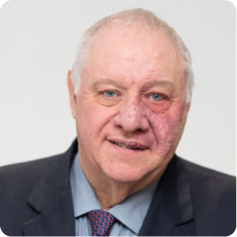References
How stakeholders have responded to the 10-point plan for safer regulation in the aesthetics sector

Abstract
David Sines details the responses from the 10-point plan, which was published in March 2021
 Professor David Sines
Professor David Sines  The 10-point plan received over 400 responses from stakeholder members of the aesthetic sector
The 10-point plan received over 400 responses from stakeholder members of the aesthetic sector
In March 2021, the Joint Council for Cosmetic Practitioners (JCCP) considered the future of the aesthetics sector and mapped out an overarching strategy and plan that could be used to inform and address the many issues relating to regulation, patient safety, education and training. The JCCP is committed to enhancing and strengthening patient safety and public protection, but the organisation acknowledges that, at the present time, what has been lacking is a clear, transparent and easily understood framework within which all stakeholders can engage and contribute to achieve sustainable system change and service improvement. It is in this context that the JCCP published a 10-point plan for regulation within the aesthetics sector. At the heart of the proposal is a ‘call to action’ from all stakeholders to address key issues that relate to patient safety, public protection and recognition of aesthetic practice as a cognate, specialist and responsible profession.
Register now to continue reading
Thank you for visiting Journal of Aesthetic Nurses and reading some of our peer-reviewed resources for aesthetic nurses. To read more, please register today. You’ll enjoy the following great benefits:
What's included
-
Limited access to clinical or professional articles
-
New content and clinical newsletter updates each month


